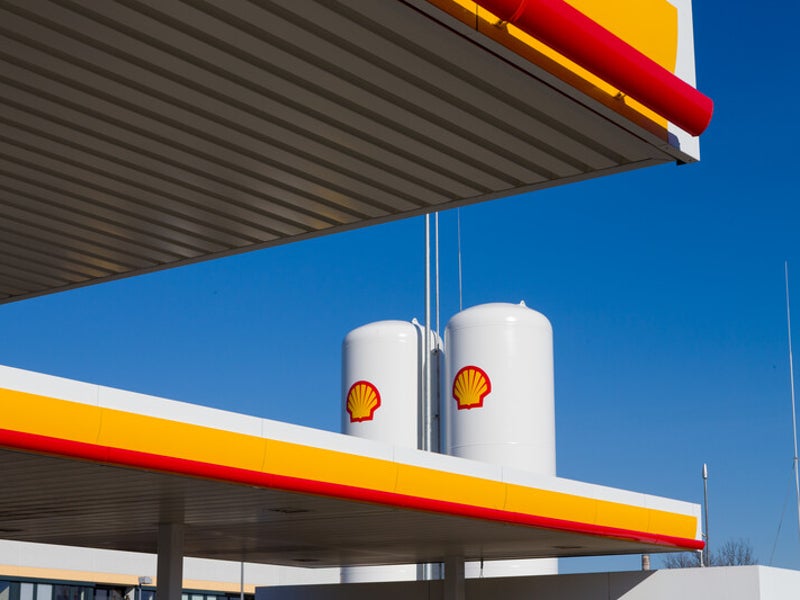
Energy giant Shell has continued to profit from the trade of Russian liquified natural gas (LNG) despite the imposition of sanctions from Ukraine’s allies, research has found.
According to a report published on 2 July by the NGO Global Witness, between March and December 2022, Shell traded 12% of Russia’s total LNG exports, with 8% of Shell’s LNG trade during this period originating from Russia.
The UK-based company has continued to trade in Russian LNG despite the British Government sanctioning “energy-related goods and services” derived from the country in a bid to reduce Russia’s ability to finance the ongoing war in Ukraine.
“It is quite simple: by continuing to trade in Russian gas Shell is putting money into Putin’s pockets and helping to fund Russia’s brutal aggression against the people of Ukraine,” said Oleg Ustenko, Chief Economic Adviser to Ukraine’s President in a statement criticising the British oil major. “Trading gas is no different to trading Russian oil, every drop of which means more bloodshed.
“The vast sums that Shell and the whole oil industry have made in Russia should be used to help fund the reconstruction of Ukraine, rather than lining the pockets of their shareholders,” he continued.
“Hundreds of millions” in profits
In 2022, Shell made approximately $5.4bn gross margin from trading LNG and optimising its LNG portfolio, analytics company Bernstein found, while in the same year, the company made record total annual profits of $39.9bn, sparking criticism that it was profiting from Putin’s war.
Global Witness predicts that Shell profited “in the hundreds of millions from Russian LNG” between March and December last year; the LNG industry made Putin’s government $21bn in 2022.
The report found that only three oil and gas companies traded more Russian LNG than Shell during the period, two of which were Russian companies: Yamal and Sakhalin.
French energy giant TotalEnergies, which part-owned Yamal until December 2022, when it divested from the company, was also found to be profiting off Russian LNG during this period, despite EU sanctions. These sanctions are not legally binding, and Shell has since claimed that its involvement in Russian LNG supply is necessary to ensure European “energy security”.
“There is a dilemma between putting pressure on the Russian Government over its atrocities in Ukraine and ensuring stable, secure energy supplies. It is for governments to decide on the incredibly difficult trade-offs that must be made,” the company told Offshore Technology, responding to Global Witness’ report.
Prior to the report, in March 2022, Shell announced plans to withdraw from all Russian oil and gas in a “phased manner”. A Shell spokesperson confirmed to Offshore Technology that it retains these plans and has “stopped buying Russian LNG on the spot market, but still has some long-term contractual commitments”.
“There can be no justification for the continued trading of Russian LNG, given it represents billions to Putin’s war chest,” said senior campaigner with Global Witness Jonathan Noronha-Gant. “It is long overdue that the trading of Russian LNG is looked at with the same disgust as Russian oil trading.”


